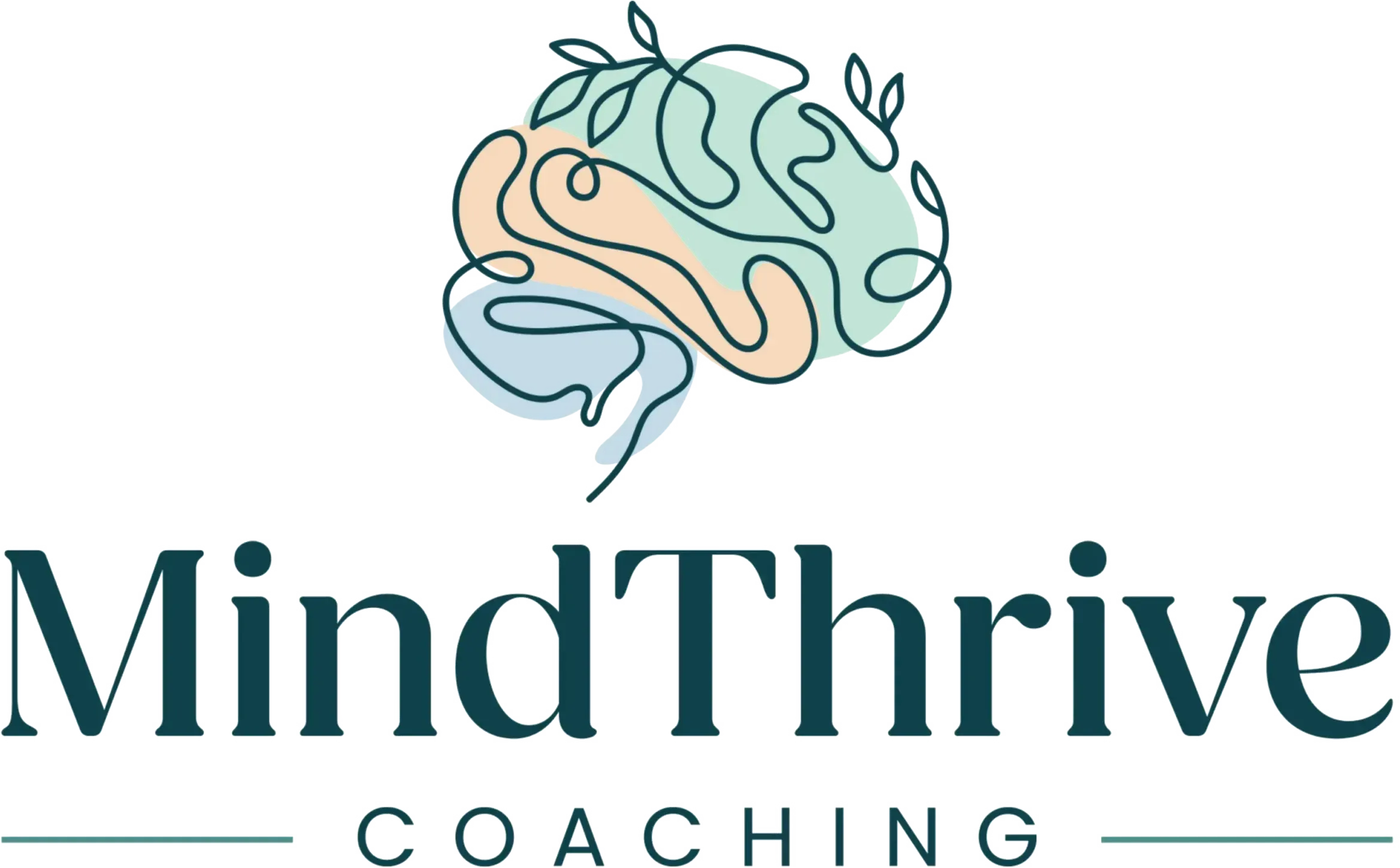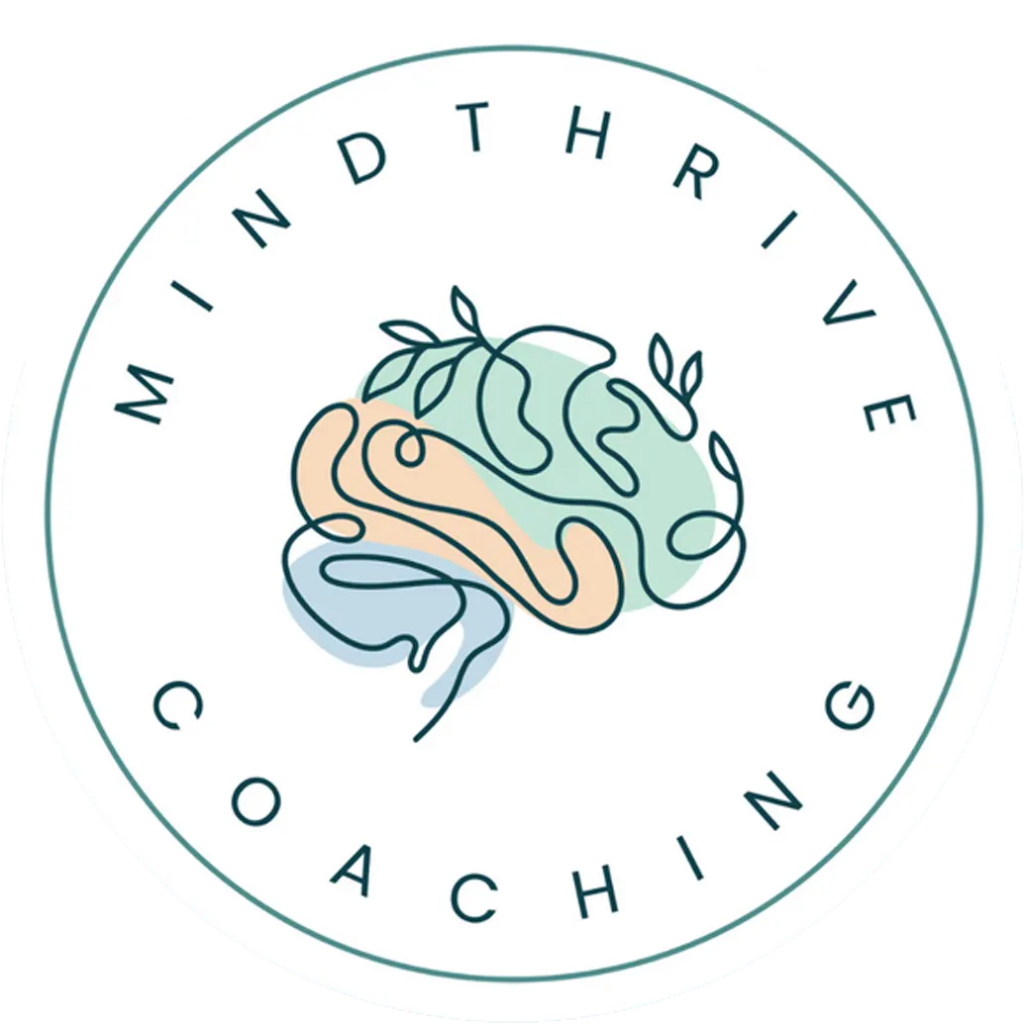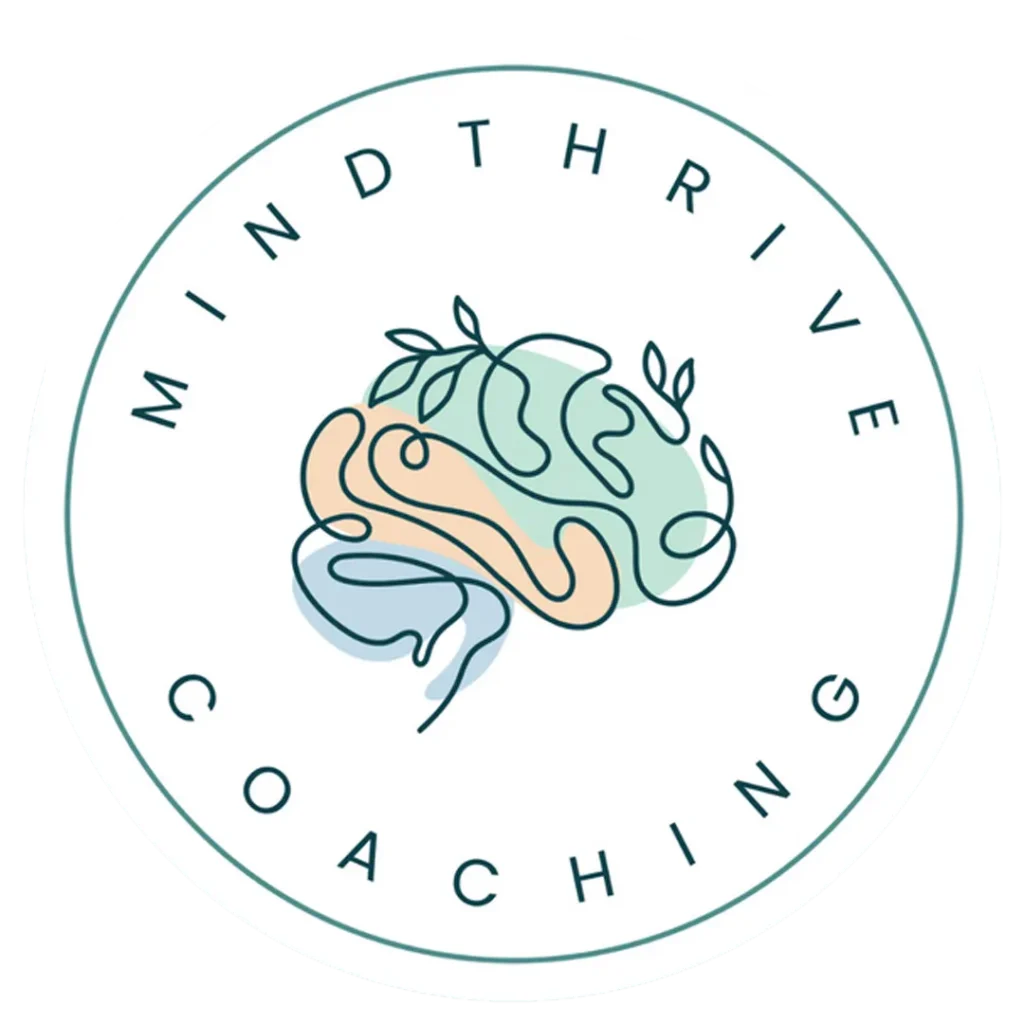A Personal Reflection on Difference, Strengths, and Community
When I was first diagnosed as autistic and ADHD (AuDHD), I found myself searching for answers. I wanted to understand what this label meant, really meant. I knew I wasn’t broken. I wasn’t “less than.” But I also knew I had different strengths and needs. The word “neurodivergent” kept coming up in books, podcasts, and conversations. It felt important, but also a little slippery. What exactly was it describing?
If you’ve ever wondered the same thing, you’re not alone.
What Is Neurodivergence?
At its core, neurodivergence is a term used to describe people whose brains function differently from what society often considers “typical.” This includes individuals with autism, ADHD, dyslexia, dyspraxia, OCD, Tourette’s, intellectual disabilities, and more. Neurodivergence isn’t a diagnosis itself; it’s an umbrella term that captures a wide range of ways that human brains can be wired, some of which are formally diagnosed, some of which aren’t.
The term neurotypical, in contrast, refers to people whose brains align with societal expectations of how individuals should think, feel, and behave.
Here’s the key:
Neurodivergence isn’t about deficit. It’s about difference.
That difference often comes with unique strengths, like pattern recognition, hyper-focus, creativity, deep empathy, or out-of-the-box problem-solving. It also comes with challenges, often because the world isn’t designed with neurodivergent brains in mind. When I learned I was neurodivergent, so much clicked into place: my sensitivity to sensory input, my tendency to see connections others missed, and my struggles with executive function in fast-paced environments. My story wasn’t one of brokenness; it was one of difference, resilience, and discovery.
For a deeper understanding of neurodivergence, you might find this article helpful: What Does It Mean to Be Neurodivergent?
Neurodiverse or Neurodivergent?
You might see the word neurodiverse used in conversations too. Here’s the distinction:
- Neurodiverse describes a group of people, like a team or a community, where multiple types of brains are represented.
- Neurodivergent describes an individual whose brain is wired differently from what’s considered typical.
It’s a small but meaningful distinction, and it’s helpful to keep in mind when we’re talking about inclusion. We aim for neurodiverse workplaces, classrooms, and communities, places where a mix of neurodivergent and neurotypical perspectives can thrive together.
The Philosophy Behind the Word
For me, understanding neurodivergence isn’t just about definitions. It’s about shifting the story we tell ourselves, and each other, about what it means to be human.
Too often, systems are designed for the “typical” brain, and anyone who processes the world differently is seen as needing to be “fixed” or “corrected.” I reject that framing. Neurodivergence is not a problem to solve. It is a part of human diversity to understand, support, and value.
When we frame neurodivergence as difference, not deficit, we create space for people to thrive in their own way. That’s the core of my work at MindThrive Coaching:
- Supporting neurodivergent adults in embracing their unique wiring, navigating challenges, and building lives that align with their values.
- Guiding leaders and parents of neurodivergent individuals to foster inclusion, understanding, and authentic support.
Questions to Reflect On
- When you think about your strengths, how might they reflect the unique ways your brain works?
- Where in your life have you felt pressure to conform, and what would it look like to honor your natural ways of thinking, feeling, and working?
- If you’re a leader or a parent, how can you create space for others to show up as they are, rather than trying to “fit in” to a mold?
In Case You Missed It
If you enjoyed this reflection, you might also appreciate my first blog post, “Challenging the Stories We Tell Ourselves: Starting a New Chapter in 2025.”
In that post, I shared how my late AuDHD diagnosis helped me understand my unique wiring, let go of old narratives, and step into a more authentic, meaningful path—both personally and professionally. Just like understanding neurodivergence is about embracing difference rather than deficit, my story is a reminder that we all carry narratives that can limit us. When we challenge those stories, we create space for growth, connection, and a life aligned with who we truly are.
Read the full post here.
A Call to Learn Together
Understanding what it means to be neurodivergent is an ongoing journey. It is a process of unlearning the stories that tell us we’re too much, not enough, or in need of fixing, and replacing them with the truth: We are part of the natural diversity of the human experience.
If you’re curious to learn more about your own neurodivergence, support your team in becoming more inclusive, or explore how to thrive as your authentic self, I’m here to help.
I offer 1:1 coaching for neurodivergent adults, consulting for organizations, and support for parents of neurodivergent individuals.
Let’s continue learning and growing together. Book a free 20-minute discovery call here or visit MindThrive Coaching to learn more.



